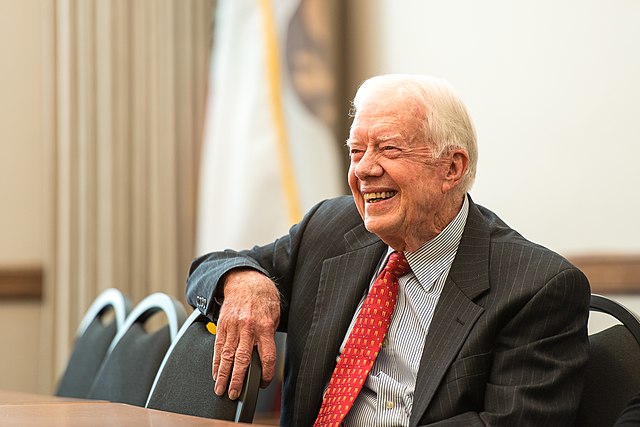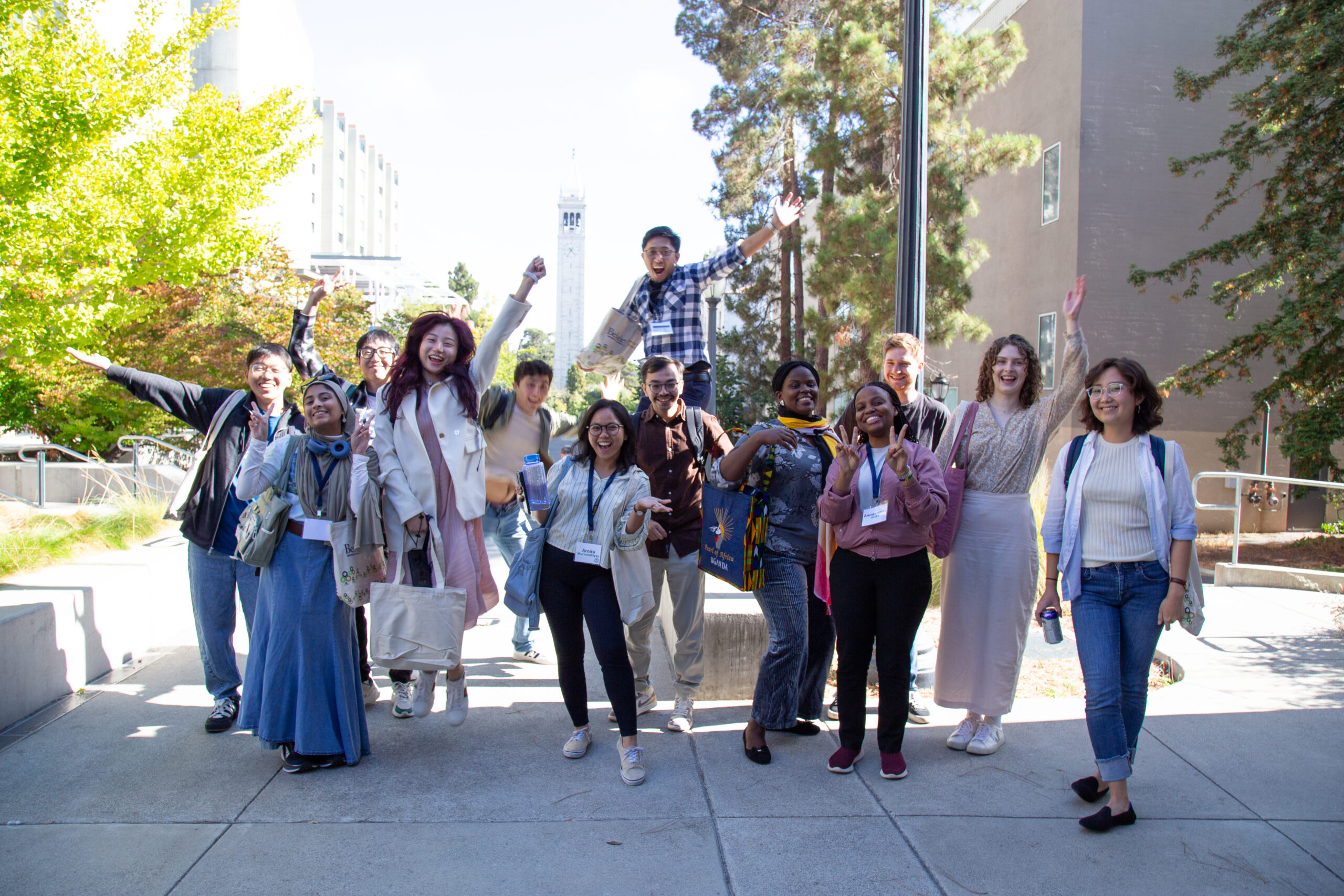By Peter Bittner
On Thursday, September 8, 2016 the UC Berkeley Blum Center and the U.S. Department of State partnered to host a day-long event focused on creating solutions to expanding global access to clean energy.
“Silicon Valley Tech Challenge: Accelerating Access to Clean Energy Around the World” convened 100 key stakeholders from across Silicon Valley — including tech companies, investors, foundations, NGOs, government, and academia — to develop new technological approaches to tackling this challenge. Building on earlier events, the day-long workshop was aimed at generating ambitious and impactful proposals to overcome barriers to entry and scale. Providing access to energy results in a variety of benefits across the education, health, social, and economic sectors.
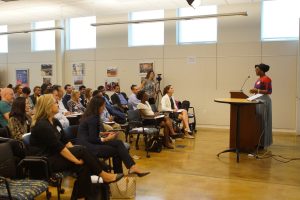
“Expanding access to clean energy to the over 1 billion people who globally lack access to electricity and the another billion who lack access to reliable electricity not only helps spread economic prosperity, it also helps to combat climate change,” said Melanie Nakagawa, Deputy Assistant Secretary for Energy Transformation in the State Department’s Bureau of Energy Resources.
The Tech Challenge was part of the State Department’s recently-launched Innovation Forum and Silicon Valley presence, with a mission to build bridges between policy-makers and innovators to tackle the most pressing global challenges.
“This is not a one-time event, but rather the launch of a broad initiative to engage Silicon Valley on expanding access to clean energy,” said Zvika Krieger, State Department Representative to Silicon Valley. The event brought together not just experts in renewable energy but also those on the forefront of intersecting technology trends, such as expanding internet access, mobile payments and platforms, cloud storage, and data analytics. The workshop resulted in identifying expert champions to develop solutions to advance these new ideas and specific mechanisms.
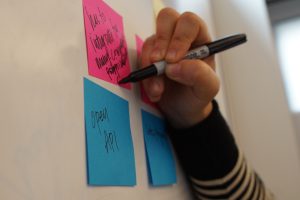
“We didn’t want to have a typical workshop with panels and speeches and talking heads — this was an opportunity from experts across the energy space to roll up their sleeves and actually develop solutions,” said Krieger.
Long-time energy specialists worked side-by-side with innovators from other sectors who offered new perspectives to the challenge.
“So often conferences are a sit-and-listen affair. This truly was different,” said Dr. Sophi Martin, Innovation Director at the Blum Center.
Interdisciplinary and multi-sector working groups of leading experts focused on key challenges ranging from battery storage and energy efficient appliances to expanding business models beyond solar home systems to mini-grids and community-wide solutions.
The six solution-centric topics for the discussion groups:
· Battery storage – There is a need for power storage systems that are tailored to operate with solar home and mini-grid systems. One important criterion is that the storage systems have a low enough price point that would not prohibit companies operating in emerging economies from purchasing the devices.
· Metering, monitoring, and common standards – Smart metering and monitoring of solar home and mini-grid systems can improve reliability, build smoother functionality, improve operations and maintenance, and allow for more flexible payment options.
· Super-efficient appliances and productive uses optimized for off-grid energy systems – Most productive use appliances are not tailored for the off-grid market and draw significant energy from power systems. There is a strong need for super-efficient productive use appliances that can be powered by solar home and mini-grid systems.
· Business models for solar home and mini-grid systems – There remain over a billion people globally without access to electricity and another billion with unreliable access. Some models may be more successful in Africa while failing to take hold in other regions, such as Asia. Business models need to be able to adapt to local contexts and factor in a variety of risks from finance and technological to policy and environmental considerations.
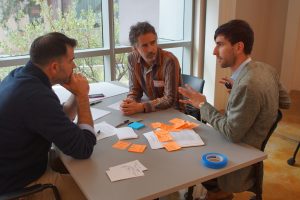
· Off-the-shelf and open-source technology to facilitate energy entrepreneurship – Many successful solar home and mini-grid companies exist that have developed their own systems and models, which usually contain proprietary technology. It may be beneficial for the growth of the market to create a standard off-the shelf system and open-source technology that do not contain proprietary information, which could be used by new entrepreneurs looking to enter the space.
· Driving demand and awareness – Raising awareness around the benefits of energy access for potential consumers can help build larger markets for these innovations. Other sectors, such as internet connectivity and clean drinking water, may have useful lessons around raising consumer awareness.
Action Partners, including the Blum Center, will be supported by the State Department to further develop and implement key outcomes from the event. Leading companies and organizations who participated in the workshop will be advancing ideas and solutions that were generated to address key challenges to off-grid clean energy access, including Microsoft, X (formerly GoogleX), Facebook, Orange Silicon Valley, Booz Allen Hamilton, Galvanize, Bloomberg New Energy Finance, DBL Partners, Allotrope Partners, Factor[E] Ventures, IdeaScale, Powerhouse, Sutardja Center for Entrepreneurship and Technology, and Haas School of Business. Additionally, students at UC Berkeley’s Foundry and participants in the Big Ideas Energy & Resource Alternatives competition will begin to experiment with implementation plans for the concepts resulting from the Tech Challenge.
“We need the brightest minds in Silicon Valley, together with energy entrepreneurs from around the world, to pursue innovative and scalable ways to help meet the drastically rising global demand for electricity,” said Nakagawa.


